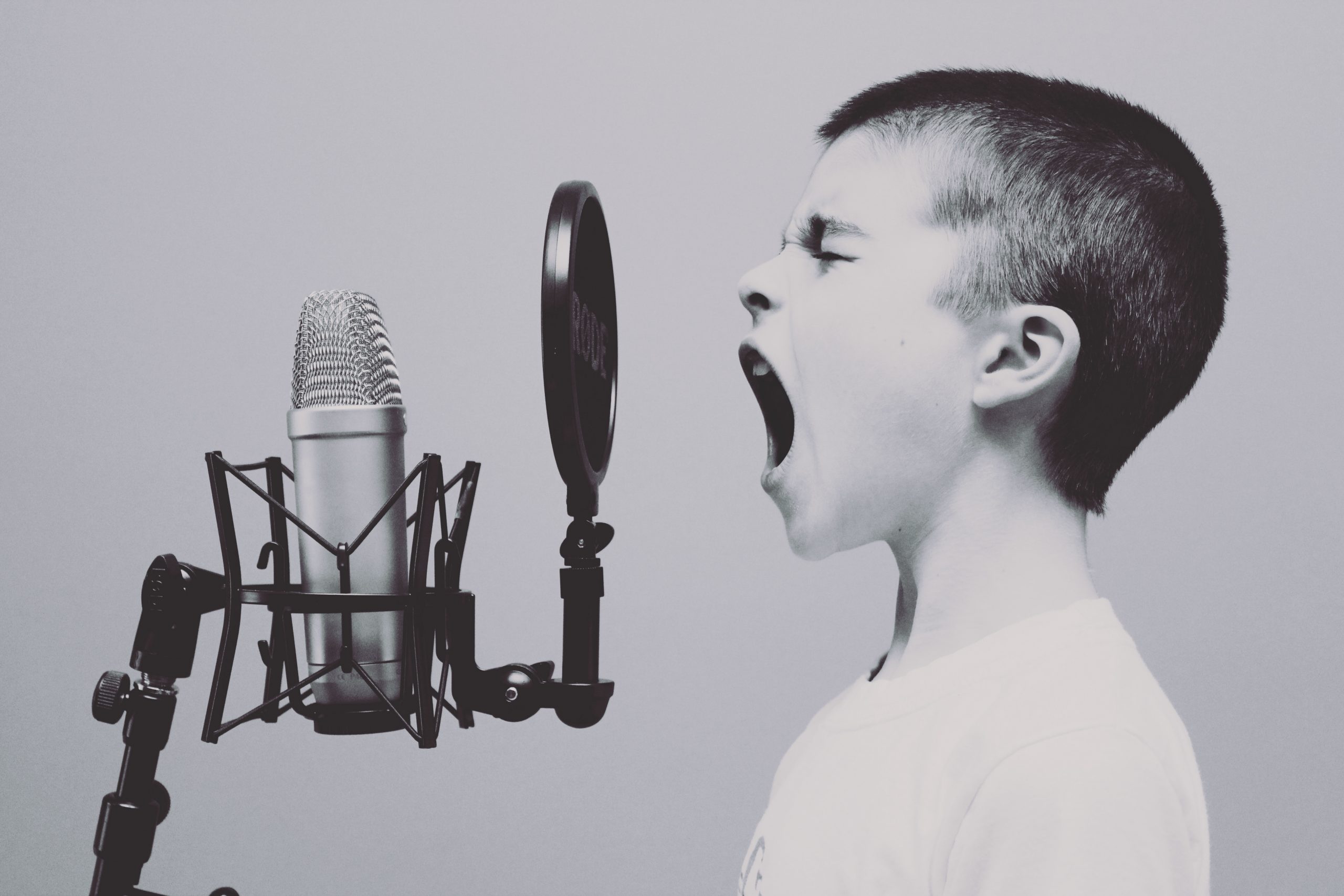Podcast – Episode 17 – Your 5 Points Voice Prep Checklist

Written by Ségolène
I’ve had someone tell me recently that they wanted to do some voice training, but feared they would be laughed at because
a) they didn’t know where to start
b) weren’t sure it was ok for them to do so, as they were not a singer or a speaker.
Allow me to say this once, as loud as I possibly can in this written form.
*clearing my throat ever so slighlty*


VOICE PREP & VOCAL TRAINING ARE FOR EVERYONE
Is working out only for athletes?
Is cooking only for chefs?
Is knitting only for your grandmother?
A B S O L U T E L Y N O T
As long as you have a voice, you can, and dare I say SHOULD look after it.
When you know the benefits of having a voice practice, why would you deny yourself
this opportunity?
Having a voice practice helps you achieve greater confidence, become a better
speaker, a better listener.
It helps you steady your breath, get your point across, connect to your audience.
It shows you how to preserve your vocal power, and fuel your expression

Where do you start?
In today’s episode, I’ve put together a list of the 5 key points to include in you Voice Prep!
Number 1: VOCAL HYGIENE
It’s number one. It will ALWAYS be number one.
There’s a lot of stuff going on in the mouth. It’s not just a sound making machine, it’s also a place where you chomp your food before letting it go down to your stomach. Anything that stays stuck around the mouth will have you generate more saliva. Brush your teeth and consider flossing and using a tee-pee. Anything that identifies as “foreign” to your mouth is broken down by enzymes in the saliva. Making sure nothing is left behind will make for a more comfortable Voicing experience.
Number 2: HYDRATE
I’ve talked about hydration in episode 16 , BUT because it’s pretty much the most essential step to look after your vocal instrument and vocal cords, it bears repeating. Water will keep your vocal cords healthy and ready to roll. However, there’s no point in you downing a pint right before giving your speech. If you know you’ll be speaking at a specific time, try to have had a good amount of water at least an hour beforehand.
Number 3: RELAX
The more stress you feel, the more your muscles will tense up and make life more difficult than it should. The more tension in your jaw, the more difficult it will feel to pronounce, enunciate, articulate. The more tension in your chest, the more difficult it will be to breathe. Take a few moments to center your thoughts. To come back to what you’re about to share. Breathe a little, slowly through the nose, out the mouth, as slowly and deeply as you can. Slowing your breath down, makes your mind slow down.
Number 4: RELEASE
Throat, neck, jaw joint, jaw line, cheeks, shoulders – release all of this. Use your fingers to massage those key points. Head over to episode 5 for the full release routine. Give your back and shoulders a good stretch to make space for all the goodness you’re about to share. Yawn! Yawn away! Have the biggest yawn! Nothing beats a good yaw when it comes to release.
Finally Number 5: WARM UP
Don’t worry, it’s not about doing scales with a piano. Make sounds while playing with your lips: humm away; switch up the “mm” sound to a “v” sound, to an “s” sound, to an “a” to an “o”, to a trill. Play around with your lips, to loosen them up. Making sound actively prepares your vocal chords for a sustained period of talking. And loosening up the lips makes it a lot easier on your entire face, jaw and mouth when it comes to enunciating.
And with those 5 steps, you’ll start building the strongest vocal foundations in no time!
See you next week for the opening of our December episode Menu!
Much love,
Ségo xx


Recent Comments